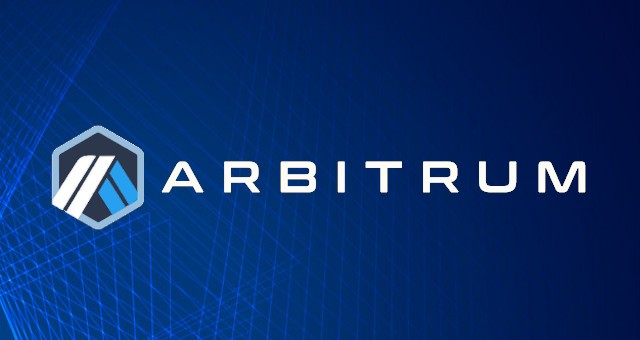Arbitrum, a second layer development that seeks to improve scalability and reduce commissions in Ethereum, is already activated on the main network. The launch was in the beta phase (testing stage) and only for developers who request access.
This implementation, developed by Offchain Labs, is a rollup. As such, it allows transactions, which can be money transfers or smart contract signings, to be carried out outside the main Ethereum network without the need to pay high fees.
With Arbitrum and other rollups, it is only necessary to pay miners when transactions need to be settled on the blockchain. This makes it possible to include several operations within the same commission payment.

“Over 250 teams [of developers] have requested launch access and we can’t wait to see what they develop at Arbitrum and how much gas savings it will enable,” Offchain Labs said on launch day.
It was also announced that the project will be open to the general public “when there is a quorum of live projects that have been implemented on the network and are ready to go.”
With this second layer chain on Ethereum, decentralization is not absolute, for now. The development team recognizes that, for the first few months, if necessary, they could pause the system if necessary for security reasons.
the ability to do fast upgrades for the first few months after launch is important in order to be able to respond quickly to any security events and make sure that user funds remain safe at all times while everyone gets more experience with the system. We’ll also be operating the chain under a conservative speed limit during this phase.
Offchain Labs, Arbitrum developer company.
For Offchain Labs, the stage that follows, with the beta phase of Arbitrum on the Ethereum mainnet, will be “an exciting period.” “We are working hard to ensure that all applications and infrastructure are up and ready when we open Arbitrum for all users,” the company says.
Uniswap already said “yes” to Arbitrum
Among the developments that have already confirmed that they will incorporate Arbitrum to provide a better user experience, is the decentralized exchange Uniswap. As reported by CriptoNoticias days ago, the community of holders of the UNI governance token voted favorably for the scalability solution mentioned here to be implemented in the exchange’s protocol.
Other second-layer solutions that have gained popularity in recent months are zk Rollups and zkSync. Ethereum sidechains have also been developed for increased scalability and reduced fees. Among these stands out Polygon (ex Matic), which attracted numerous decentralized finance (DeFi) projects to its networks, such as Aave and PoolTogether.




